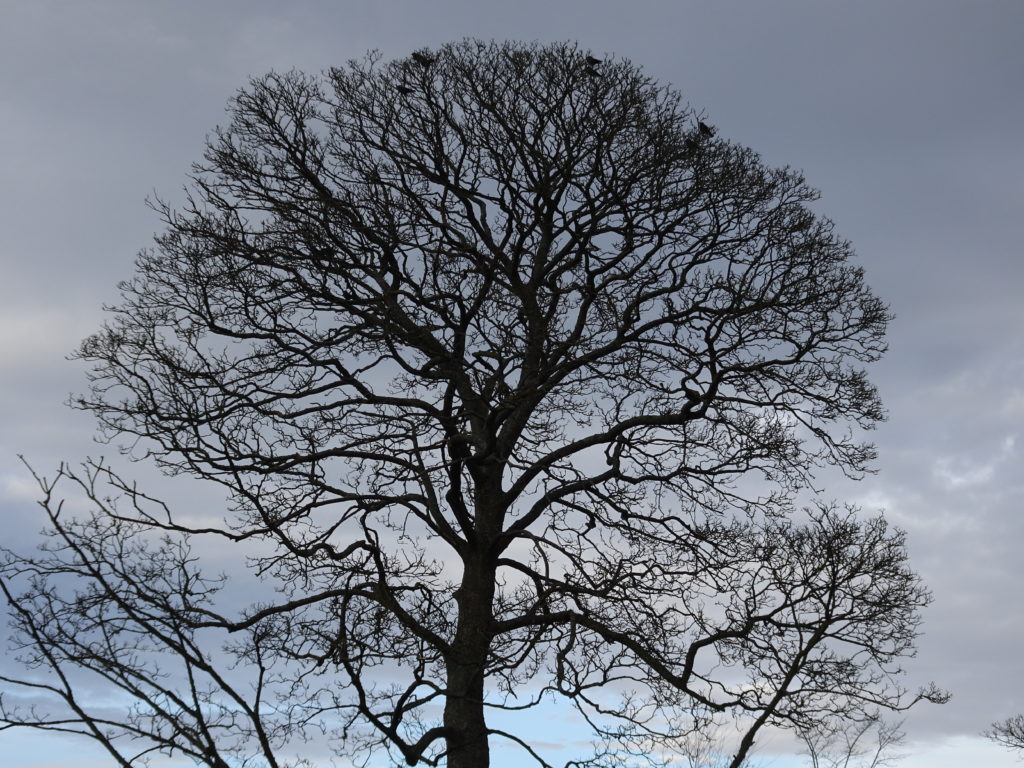Winnowing My Garden Books

A Yorkshire success following my post 3 years ago on Yorkshire day. (See below). I set a resolution to reduce by book collection which has been achieved in part by charity donations and Free Cycle to a Ripley lady. Over 500 gone and only 100 or so special interest books to follow in 2023 and onward.
‘On this first of August 2020 I am resolved to winnow down my collection of books on gardening and related subjects. I want to separate the wheat from the chaff and boy is there a lot of chaff to sort, probably 500+ tomes plus related ephemera. Not all of this winnowing activity will lead to new posts on this site but my first effort has done.
The most recent book I have read from cover to cover was the entertaining ‘The Hidden Life of Trees’ by Peter Wohlleben. To me it is a master piece of accessible writing about trees, what they feel, how they communicate and how nature interacts with them. It is based on years of experience as a forester. Peter has acute observational and analytical ability that is well reasoned and simply communicated. The main themes I have taken into my wider gardening and ecological understanding include:
- Trees show we can take the long view and there is no need to rush, in fact time may create a far better and sustainable result.
- There is a place for everything and with everything in its place we disrupt it at our peril.
- We don’t know what we don’t know and there are more things in heaven and earth ( but what the Hamlet to mix my metaphors.)
- If trees have social networking with many skills similar to human abilities and traits, then what else can our gardens teach us.
- Look at what is easily visible and look again to develop understanding.
Fired with this enthusiasm I looked through for further enlightenment before I pass on the books to others as part of winnowing down from my book shelves. I came across a 1974 book ‘Plants and Environment’ by R F Daubenmire a self professed Textbook of Plant Autecology. The book’s definition of Autecology is wider than a dictionary definition claiming it considers: geology, soils, climatology, zoology, chemistry and physics which are connected to the welfare of living organism and evolution of species. Not dissimilar to Wohlleben’s offering. As I have only read the preface and introduction in detail some chapers have been dipped into to suit my mood at the time. These include; soil, water, temperature, light, atmospheric, biotic, fire, evolution and complex environmental chapters.
As a text book it is more detailed and less apocryphal than the Hidden Life of Trees but aims at ‘the intelligent management of plant life (and trees in particular) for the good on mankind’. Both books have excellent notes and references.’